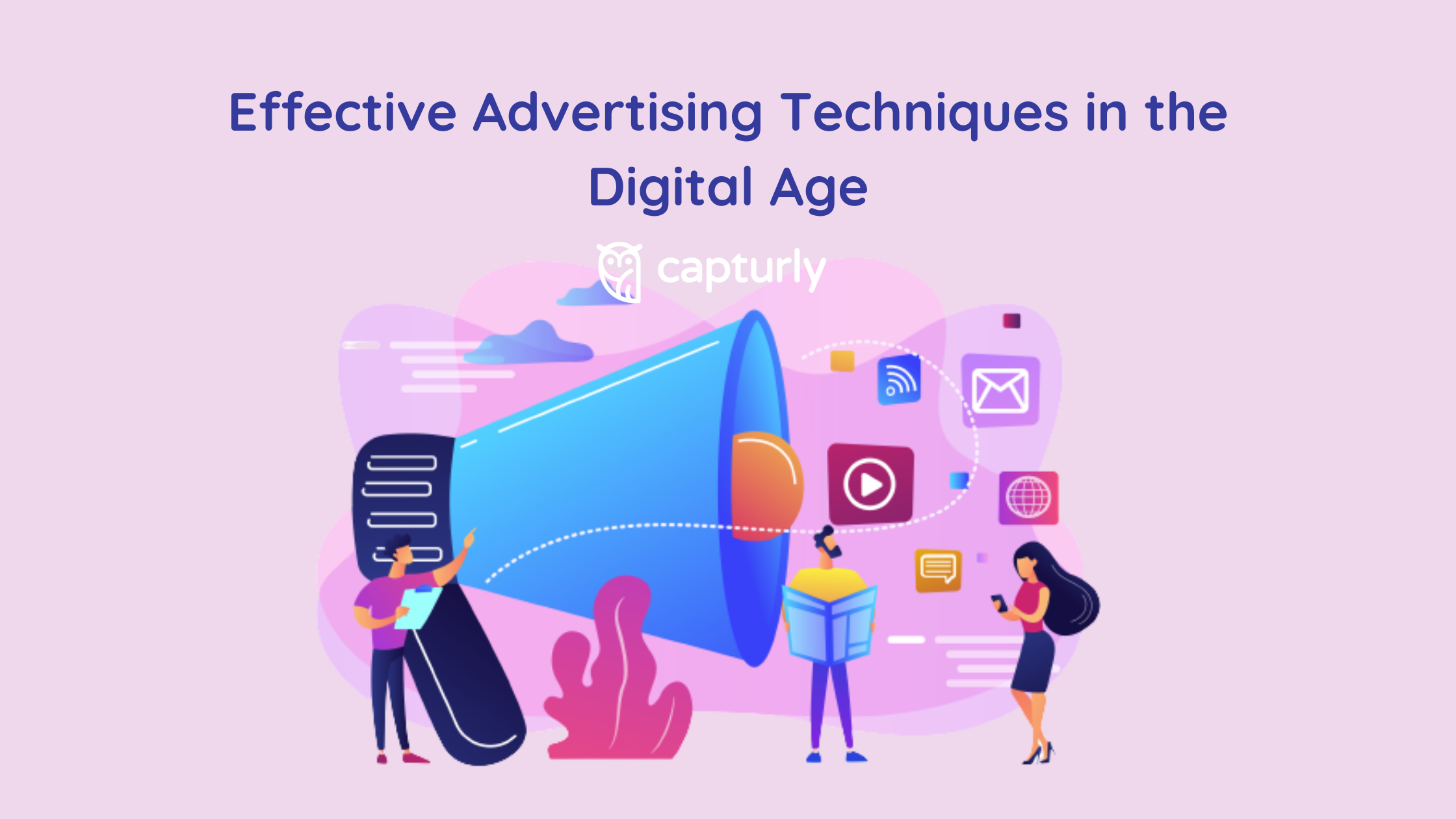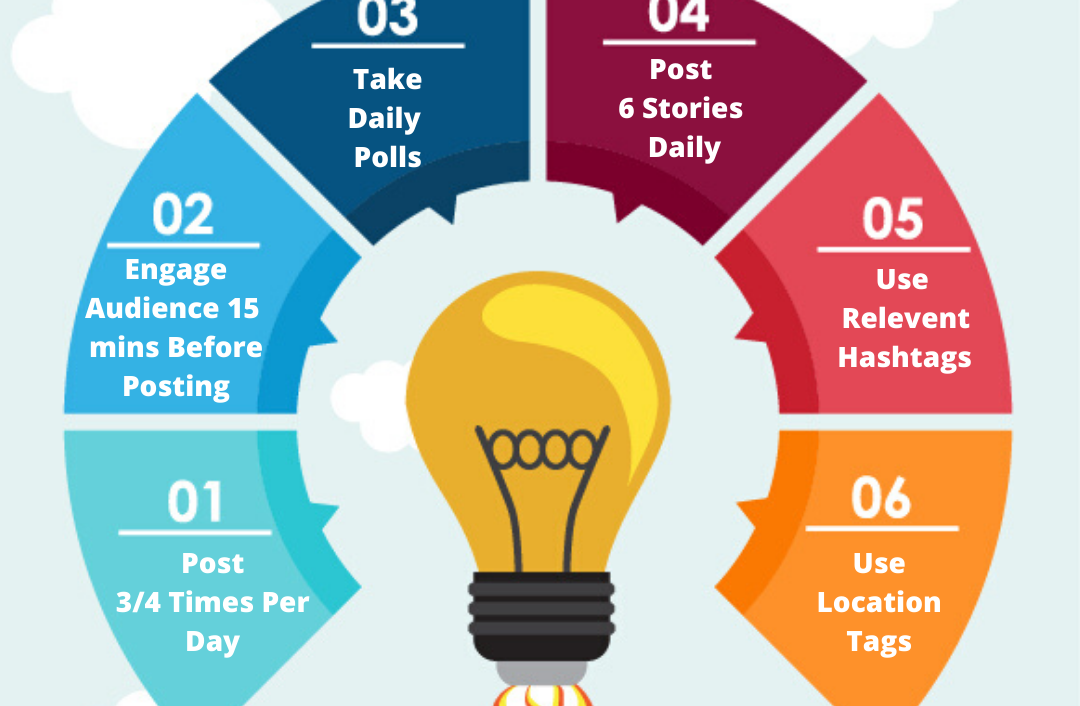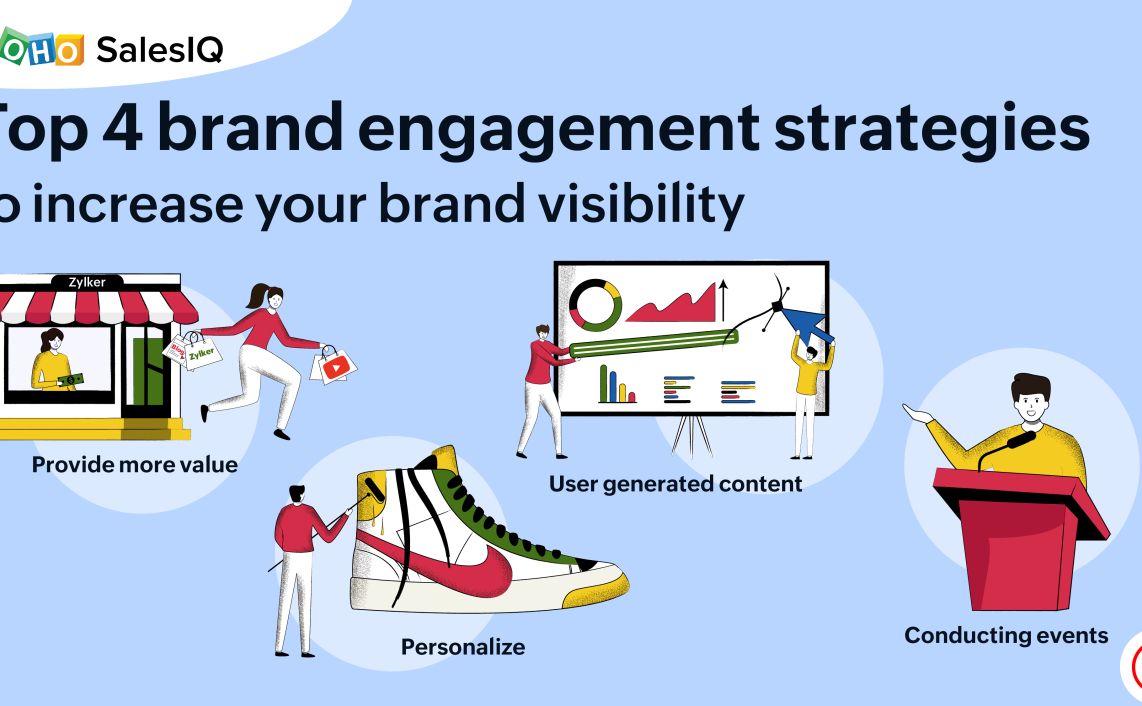Exploring The Future Of Advertising In The Digital Age

Executive Summary

The digital age has fundamentally transformed how businesses connect with their target audiences. Advertising, once confined to traditional media like television and print, now thrives in the dynamic landscape of the internet. This article delves into the evolving future of advertising, exploring key trends, challenges, and opportunities. From personalized experiences to emerging technologies like artificial intelligence (AI) and virtual reality (VR), we examine how advertisers are adapting to meet the demands of a connected world. We also delve into the crucial role of data privacy and ethical considerations as advertising navigates the complexities of the digital age.

Introduction
The world of advertising has undergone a seismic shift. Gone are the days of mass-market campaigns; in their place, we see a hyper-personalized, data-driven approach. As technology continues to evolve at an unprecedented pace, advertisers are constantly seeking new ways to reach consumers effectively and ethically. This article explores the key trends shaping the future of advertising in the digital age, revealing the possibilities and challenges that lie ahead.
Frequently Asked Questions
1. How is AI impacting advertising?
AI is revolutionizing advertising by enabling personalized experiences, automating tasks, and providing insights into consumer behavior.
2. What are the ethical considerations in digital advertising?
Ethical concerns surround data privacy, transparency, and the potential for bias in algorithms.
3. How can businesses stay ahead of the curve in digital advertising?
Businesses must embrace data-driven strategies, experiment with new technologies, and prioritize ethical practices.
The Rise Of Personalized Advertising
Personalized advertising is one of the most transformative trends in the digital age. It involves using data to tailor ads to individual consumers, offering relevant experiences based on their preferences, browsing history, and demographics. This approach increases the likelihood of engagement and conversion, as consumers are more likely to respond to messages that resonate with their specific needs.
- Data-Driven Insights: Businesses leverage vast amounts of data collected from online activities, social media interactions, and other sources to create detailed consumer profiles. This data enables them to understand their target audience’s interests, preferences, and buying habits.
- Targeted Advertising: Personalized ads are delivered across various platforms, including websites, social media, and search engines. These ads are specifically designed to appeal to each individual’s unique characteristics, making them more likely to capture attention.
- Dynamic Content: Advertisers use AI algorithms to dynamically adjust ad content in real time, based on user behavior and context. This enables them to deliver personalized messages that are highly relevant and engaging.
- Increased Efficiency: Personalized advertising allows businesses to optimize their ad spend by targeting only the most receptive audience segments. This leads to higher conversion rates and a more efficient return on investment (ROI).
The Impact Of Emerging Technologies
The emergence of cutting-edge technologies like artificial intelligence (AI), virtual reality (VR), and augmented reality (AR) is profoundly shaping the future of advertising. These technologies offer advertisers new ways to engage with consumers, create immersive experiences, and gather valuable insights.
- AI-Powered Marketing Automation: AI algorithms are automating repetitive marketing tasks, enabling marketers to focus on more strategic initiatives. AI can personalize email campaigns, optimize ad spend, and generate data-driven insights.
- Virtual Reality (VR) and Augmented Reality (AR) Advertising: VR and AR offer immersive experiences that can transport consumers into brand worlds, allowing them to interact with products in innovative ways. This technology can be used for product demonstrations, virtual try-ons, and interactive storytelling.
- Voice Search Optimization: With the increasing popularity of voice assistants, advertisers need to optimize their content for voice search. This means focusing on natural language queries and creating content that is easily understood by voice search algorithms.
- Programmatic Advertising: Programmatic advertising utilizes AI to automate the buying and selling of ad space in real time. This approach allows advertisers to reach their target audience more efficiently and effectively.
The Importance of Data Privacy and Ethical Considerations
As the use of data becomes increasingly prevalent in advertising, ensuring data privacy and ethical practices is paramount. Consumers are becoming more aware of how their data is being used, and they expect businesses to respect their privacy.
- Transparency and Consent: Advertisers must be transparent about their data collection practices and obtain explicit consent from consumers before using their information.
- Data Security: Businesses are responsible for implementing robust security measures to protect consumer data from unauthorized access or breaches.
- Ethical Use of Data: Advertisers must use data ethically and responsibly, avoiding discriminatory practices or targeting vulnerable populations.
- Ad Blocking and Consumer Choice: Consumers are increasingly using ad blockers to avoid intrusive ads. Advertisers need to find creative ways to reach their target audience while respecting consumer preferences.
The Future of Advertising: A Look Ahead
The future of advertising is exciting, dynamic, and full of possibilities. As technology continues to evolve, advertisers will need to stay agile and embrace innovative solutions. The key to success lies in understanding consumer behavior, leveraging data ethically, and creating experiences that are engaging, relevant, and memorable.
- Personalized Content: Advertising will become increasingly personalized, with brands creating customized content based on individual interests and preferences.
- Interactive Experiences: The lines between advertising and entertainment will blur as brands offer interactive experiences, such as immersive games, virtual tours, and personalized content streams.
- Data-Driven Insights: Data analytics will play a crucial role in shaping advertising strategies, providing insights into consumer behavior and helping advertisers make data-driven decisions.
- Ethical Considerations: Ethical considerations will continue to be paramount, with businesses prioritizing data privacy, transparency, and responsible use of technology.
Conclusion
The digital age has revolutionized the world of advertising, creating a dynamic landscape where technology, personalization, and ethical considerations are paramount. As the future unfolds, businesses that embrace innovative solutions, leverage data responsibly, and prioritize ethical practices will be well-positioned to thrive. The future of advertising is an exciting blend of technology, creativity, and ethical responsibility, offering opportunities for businesses to connect with consumers in meaningful and engaging ways.
Tags:
- Digital Advertising
- Personalized Advertising
- AI in Advertising
- Data Privacy
- Ethical Advertising







